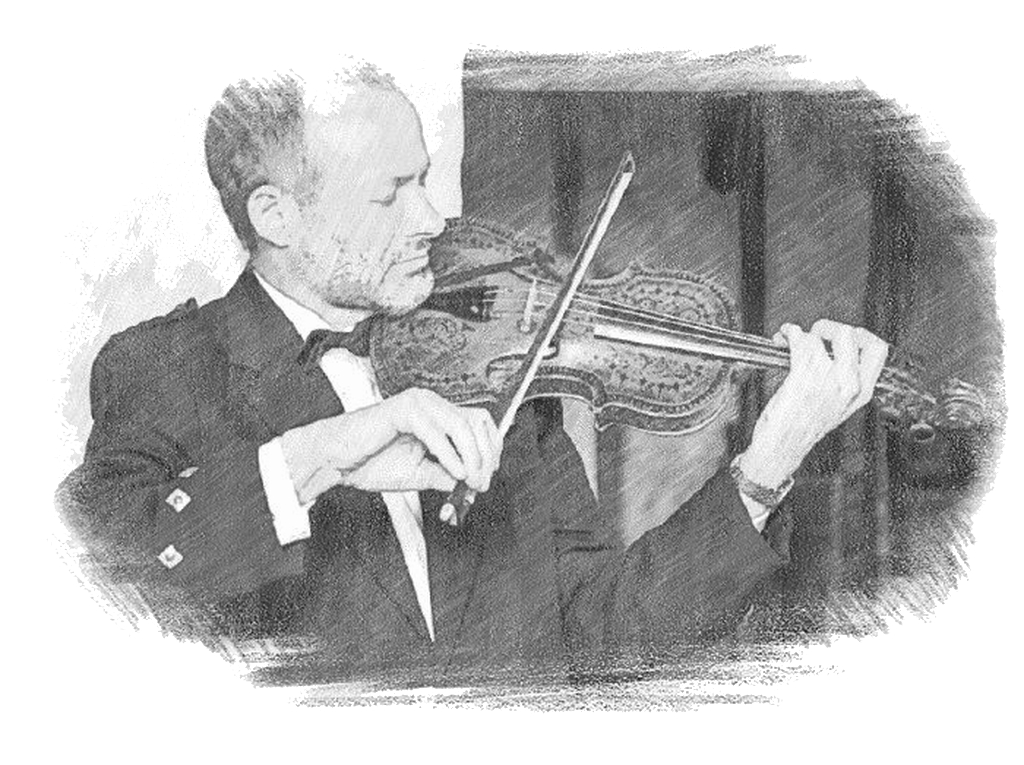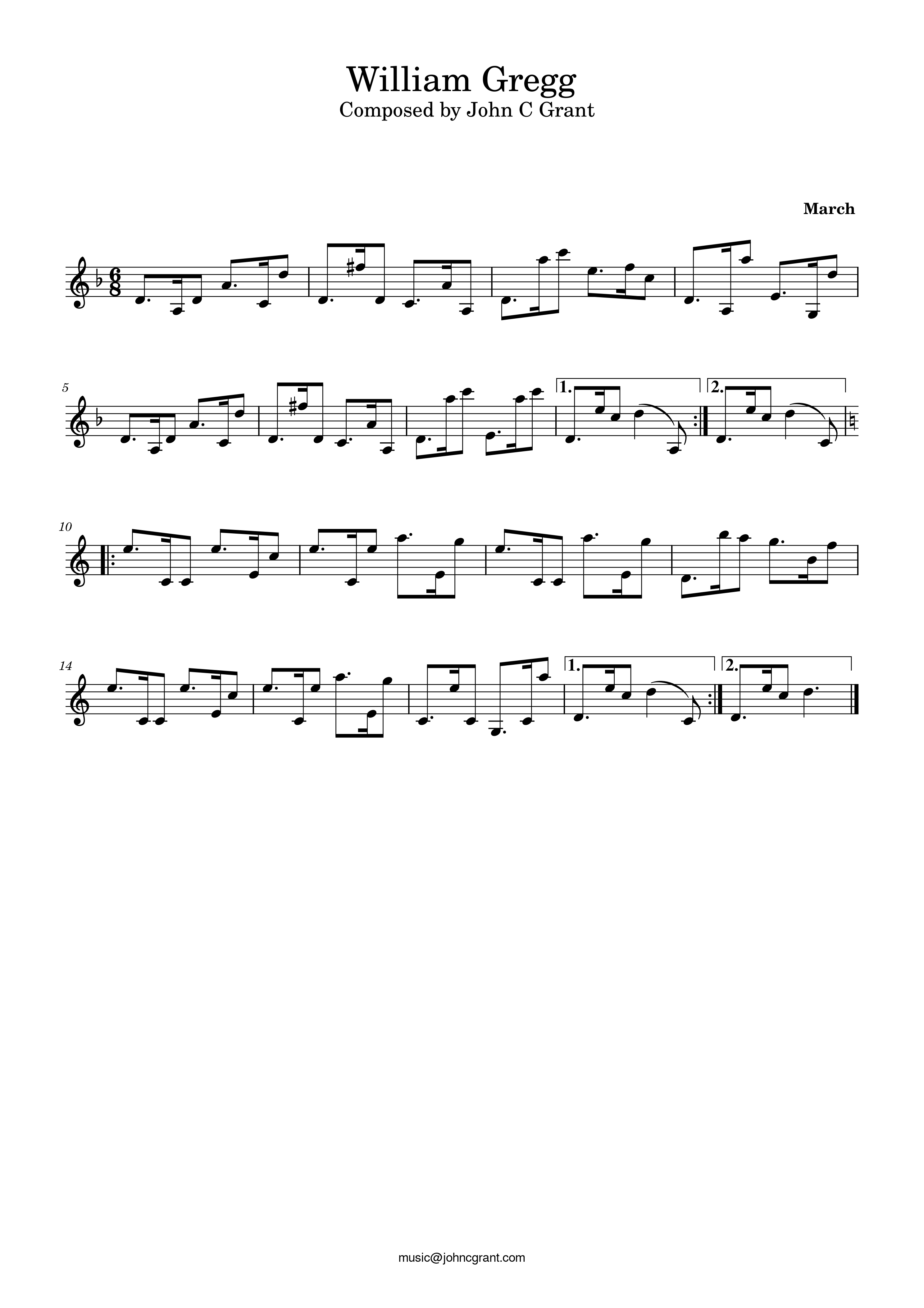
Born in 1766 in Ayr, William Gregg’s early years were steeped in the world of music. He took up the violin at a tender age and eventually garnered a reputation as a “Dance Tutor” or “Master of Manners,” rooted in the town of Tarbolton, Ayrshire. However, his life took a turn of note when, in 1779, an unusual pupil came under his tutelage: none other than Robert Burns himself.
Recalling those times, Burns later mused, “In my seventeenth year, to give my manners a brush, I went to a country dancing school.” It was during these dancing lessons that he crossed paths with William Gregg. Despite his father’s reservations about such gatherings, Burns defiantly attended, possibly even out of cheek, knowing his father’s aversion to “country music.” This musical journey was accompanied by the strains of Gregg’s violin, an instrument that danced between the realms of classical compositions and the folkier, more traditional Ayrshire “fiddling” style.
For Burns, folk music, particularly of the Scottish variety, became intertwined with his poetry. It served as both a muse and a backdrop for his verses. Burns recognized that while words were bound by time and place, music remained timeless, the “language of nature.” His notes in his personal copy of James Johnson’s “The Scots National Museum” (1787-1803) underscored this relationship, capturing how tunes outlived various sets of verses, preserving the essence of the music.
The fiddle, a key instrument in this cultural tapestry, found its way into Burns’s heart as well. It was pivotal in the creation of jigs, reels, and strathspeys—melodies that echoed through his lyrics. Although Burns himself was said to possess only rudimentary fiddling skills, the instrument’s resonance and role in folk music weren’t lost on him.
Beyond being a personal passion, folk music played a vital role in shaping Burns’s fame. In the midst of the Romantic revolution, with its emphasis on locality and rustic heritage, Burns embodied the spirit of “folklorism.” This cultural movement, rooted in celebrating heritage, marked a departure from Neoclassicism’s influence and set the stage for the recognition of artists like Burns on a global scale.
The legacy of William Gregg’s fiddle carried on through generations of the Gregg family, but it lay dormant, its music unsung. It wasn’t until 1995 that Wallace Galbraith of the Ayrshire Fiddle Orchestra stumbled upon its existence. The instrument had found a home at a farm near Mauchline, owned by Major John Weir, Chairman of the Bachelors’ Club, the debating society founded by Burns in 1780. Expertly restored by David Martin, the fiddle’s music once again echoed, touring the world with the Orchestra before finding its permanent residence at the Robert Burns Birthplace Museum in Alloway.
A guide track for ‘William Gregg’ is available below for listening: -
You can download a PDF of the sheet music here
- or braille format here.
The track is additionally available within the following collections and sets: -
Associated Collections: -
6/8
Ayrshire Characters
Bachelors Club
March
Musicians
Not Yet Recorded
Robert Burns
The Tarbolton Collection
The Three Six Five Collection

